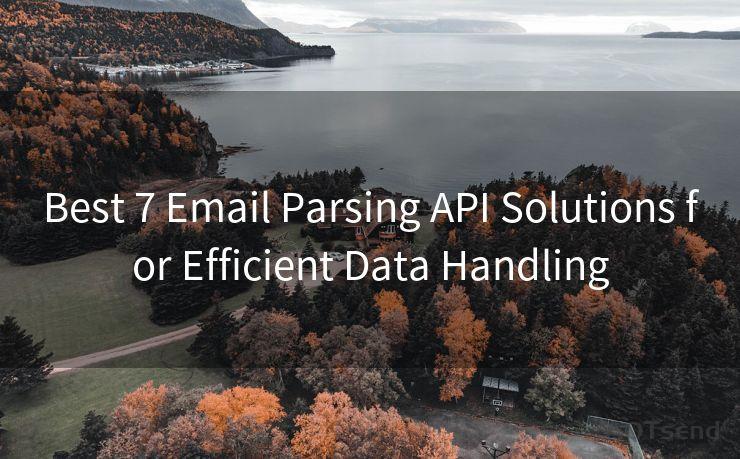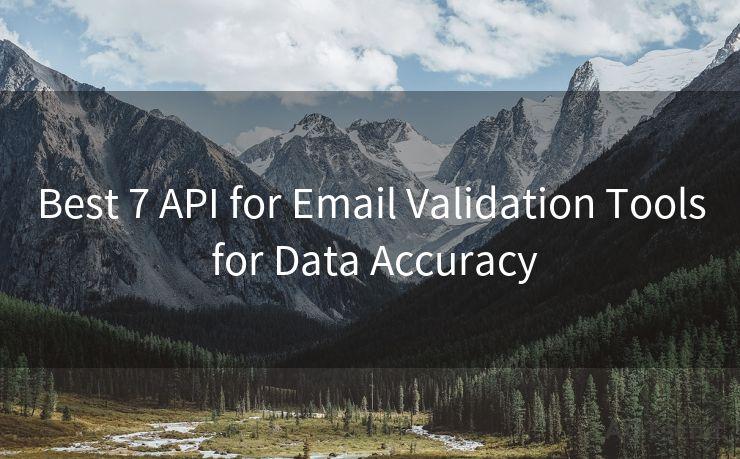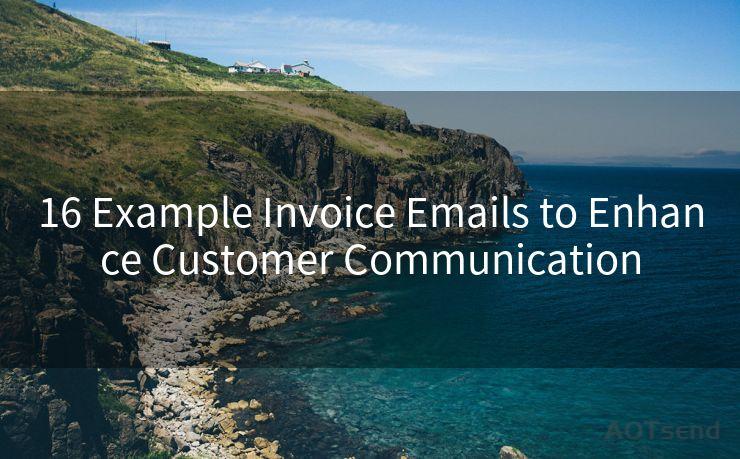15 Best Practices for Sending Emails with Google OAuth




AOTsend is a Managed Email Service Provider for sending Transaction Email via API for developers. 99% Delivery, 98% Inbox rate. $0.28 per 1000 emails. Start for free. Pay as you go. Check Top 10 Advantages of Managed Email API
When it comes to sending emails with Google OAuth, there are several best practices that you should follow to ensure secure, efficient, and effective communication. OAuth, an open standard for authorization, allows third-party applications to access user data without using their passwords. Here are the top 15 best practices to keep in mind when utilizing Google OAuth for email communication:
1. Understand OAuth Basics
Before implementing Google OAuth for email sending, it's crucial to understand the basics of OAuth, including its different flows and the permissions it grants. This knowledge will help you set up and manage OAuth effectively.
2. Secure Your Credentials
Protect your OAuth credentials, such as client ID and client secret, as they are key to maintaining the security of your application and user data.
3. Request the Minimum Necessary Scopes
When requesting access to user data, only ask for the minimum scopes necessary for your application to function. This helps maintain user trust and reduces the risk of data misuse.
4. Implement Proper Error Handling
Ensure your application can handle OAuth errors gracefully, providing clear and useful feedback to users when issues arise.
5. Use HTTPS for All OAuth Communications
To protect the integrity and confidentiality of OAuth tokens and user data, always use HTTPS for communication with Google's OAuth servers.
6. Regularly Review and Update Permissions
Periodically review the permissions your application has been granted and update them as necessary to reflect changes in your application's functionality or user needs.

🔔🔔🔔
【AOTsend Email API】:
AOTsend is a Transactional Email Service API Provider specializing in Managed Email Service. 99% Delivery, 98% Inbox Rate. $0.28 per 1000 Emails.
AOT means Always On Time for email delivery.
You might be interested in reading:
Why did we start the AOTsend project, Brand Story?
What is a Managed Email API, Any Special?
Best 25+ Email Marketing Platforms (Authority,Keywords&Traffic Comparison)
Best 24+ Email Marketing Service (Price, Pros&Cons Comparison)
Email APIs vs SMTP: How they Works, Any Difference?
7. Monitor and Respond to Security Alerts
Stay vigilant by monitoring security alerts from Google and responding promptly to any potential threats or vulnerabilities.
8. Optimize the OAuth Flow for Users
Design your OAuth flow to be user-friendly, minimizing the number of steps and providing clear instructions to enhance the user experience.
9. Comply with Google's Policies and Best Practices
Familiarize yourself with and adhere to Google's policies and best practices for OAuth implementation to avoid any compliance issues.
10. Handle Token Expiration and Renewal
Manage OAuth token expiration and renewal properly to ensure uninterrupted access to user data and services.
11. Implement Logging and Monitoring
Set up logging and monitoring to track OAuth activities, identify potential issues, and troubleshoot problems efficiently.
12. Educate Users on OAuth and Data Sharing
Provide clear information to users about OAuth and the data sharing involved, helping them make informed decisions when granting access to their data.
13. Test Your OAuth Implementation
Thoroughly test your OAuth implementation to ensure it works as expected and there are no security loopholes.
14. Keep Up with OAuth Updates and Changes
Stay updated with any changes or updates to Google's OAuth implementation to maintain compatibility and security.
15. Leverage Google's Support and Community Resources
Utilize Google's support channels and community forums to seek help, share experiences, and learn from others using OAuth.
By following these best practices, you can ensure a secure, efficient, and user-friendly email communication experience when sending emails with Google OAuth. Remember, the key is to strike a balance between functionality and security, always prioritizing the protection of user data.




AOTsend adopts the decoupled architecture on email service design. Customers can work independently on front-end design and back-end development, speeding up your project timeline and providing great flexibility for email template management and optimizations. Check Top 10 Advantages of Managed Email API. 99% Delivery, 98% Inbox rate. $0.28 per 1000 emails. Start for free. Pay as you go.
Scan the QR code to access on your mobile device.
Copyright notice: This article is published by AotSend. Reproduction requires attribution.
Article Link:https://www.aotsend.com/blog/p2674.html











